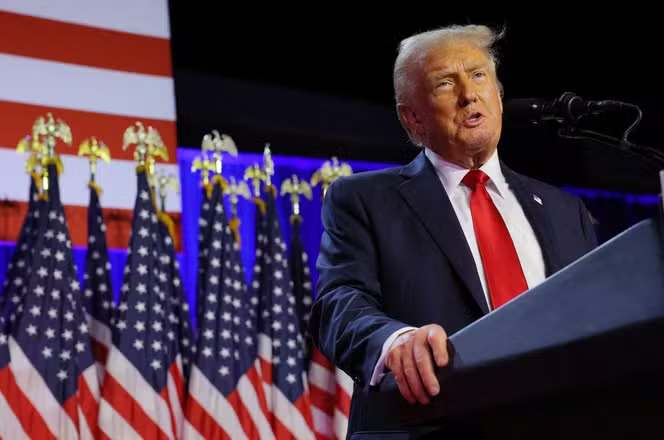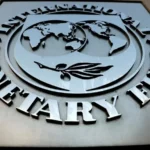JP Morgan has issued a warning about the risk of a “sudden stop” in capital flows to emerging markets, including Nigeria, as former U.S. President Donald Trump’s ‘America First’ policies continue to strengthen the U.S. economy.
These policies, which include tariffs and tax cuts, are attracting capital to the U.S., potentially at the expense of developing nations.
The investment bank reported $19 billion in net capital outflows from emerging markets (excluding China) in the last quarter of 2024 and projects an additional $10 billion in the first quarter of 2025.
A sudden stop, which refers to a sharp decline in foreign capital inflows, could deprive these economies of the funds needed to drive growth and maintain stability. Analysts warn that this could lead to slower economic growth or financial crises in some regions.
- Advertisement -
However, JP Morgan clarified that the current slowdown in capital flows is not driven by an emerging market-specific crisis. Instead, it stems from a global tightening of financial conditions, fueled by Trump’s economic policies and the possibility of prolonged higher U.S. interest rates. This scenario is different from past crises, such as those seen between 1998 and 2015, which were marked by balance-of-payments issues in specific countries.
Despite the risks, JP Morgan suggests that most emerging economies, including Nigeria, are well-positioned to absorb the shock. However, some countries, such as Romania, Malaysia, South Africa, and Hungary, remain more vulnerable to capital outflows.
Nigeria’s capital inflows have already declined significantly in recent years, with just $3.9 billion recorded in the first nine months of 2024, compared to $23.7 billion in 2019.
The situation’s outcome will largely depend on Trump’s future policy decisions and key U.S. economic data, such as inflation and job growth, which could influence Federal Reserve interest rate adjustments.









